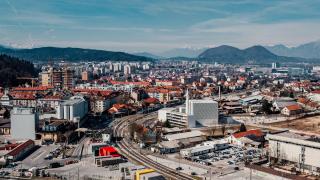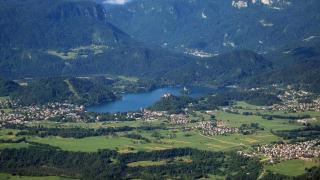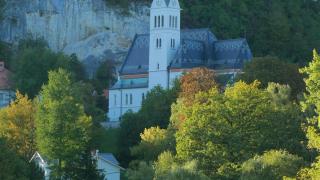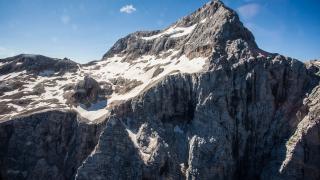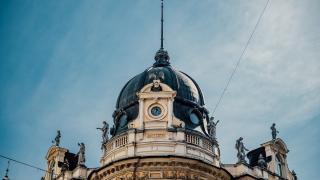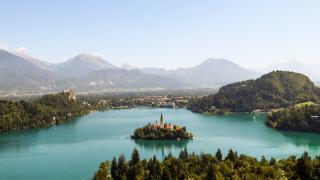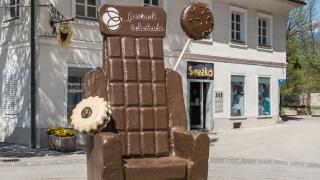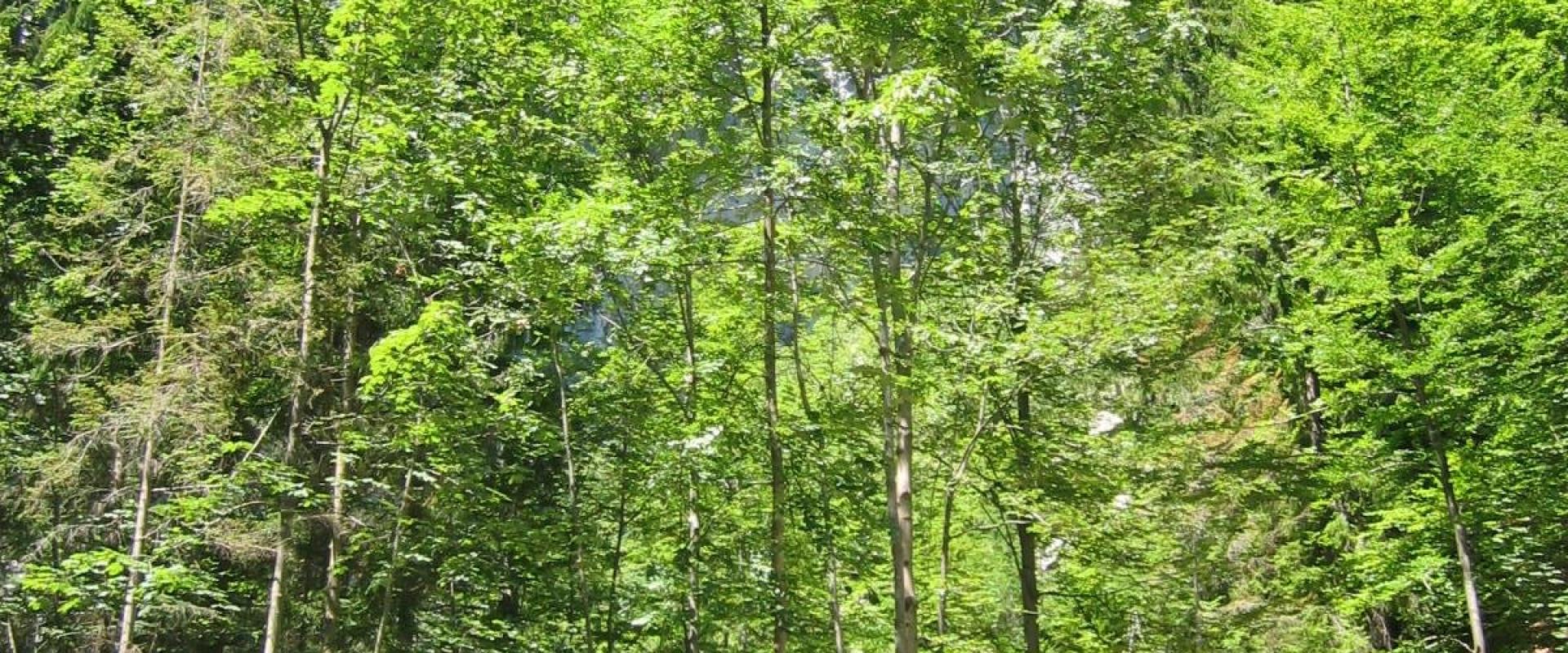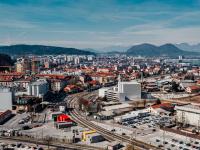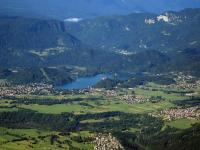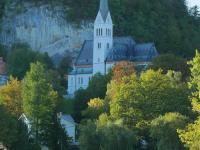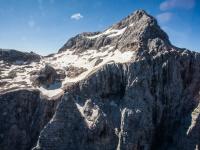Understanding Long-Term Stays
Long-term stays in Slovenia mean staying over 90 days. This often requires a D-type visa or residence permit. Who chooses this? Common groups include:
- International students at the University of Ljubljana or Maribor
- Remote workers using Slovenia’s reliable internet and coworking spaces
- Retirees seeking a slower pace in towns like Piran or Bled
- Travelers exploring the country for months, not weeks
Why Slovenia?
- High safety: Ljubljana ranks among Europe’s safest capitals
- Affordable living: Monthly rent in Ljubljana averages €600–€900 for a one-bedroom flat
- Quality healthcare: Public health insurance is available for residents
- Efficient public transport: Trains connect Maribor, Celje, and Koper in under 3 hours
- Natural beauty: Over 60% of Slovenia is forested
Key differences from short-term tourism:
- Long-term visitors register with local Upravna enota (administrative unit)
- They often open a Slovenian bank account
- Integration into local communities is common
Visa Pathways and Legal Essentials
Long-term stays in Slovenia require a D-type national visa or a residence permit. The D visa allows stays from 90 to 365 days. Residence permits are needed for stays over one year.
Visa types include:
- D-type visa: For work, study, family reunification, or other specific purposes.
- Temporary residence permit: For employment, education, research, family, or business.
- Student visa: For full-time studies at Slovenian universities.
- Work permit: Linked to a specific employer and job offer.
- Retirement residence: For those with sufficient income and health insurance.
Eligibility and documentation:
- Valid passport (minimum 3 months beyond stay)
- Proof of purpose (university acceptance, work contract, etc.)
- Health insurance valid in Slovenia
- Proof of accommodation (rental contract, hotel booking, etc.)
- Proof of sufficient funds (minimum €402.18/month for students)
Application process:
- Apply at a Slovenian embassy or consulate abroad
- Processing time: 1–3 months for residence permits
- Fee: €77 for D visa, €102–€127 for residence permits
Upon arrival:
- Register address at the local Upravna enota (Administrative Unit) within 8 days
- Obtain a Slovenian tax number (davčna številka) if working or studying
Compliance tips:
- Always carry identification
- Renew permits before expiry
- Notify authorities of address changes within 8 days
Finding Your Slovenian Home
Ljubljana is the top choice for long-term stays. It offers modern apartments, student dorms, and shared flats. Maribor is popular with students and families. It has lower rents and good public transport. Coastal towns like Koper and Piran attract those seeking sea views. Alpine villages (e.g., Bled, Kranjska Gora) offer rural homes and chalets.
Types of accommodation in Slovenia:
- Studio and one-bedroom apartments are common in cities.
- Shared flats ("sobe") are typical for students and young professionals.
- Student dormitories ("študentski domovi") are available in university towns.
- Rural houses and farm stays are found outside urban areas.
Rental costs (2024):
- Ljubljana: €500–€900/month for a one-bedroom apartment.
- Maribor: €350–€600/month.
- Coastal towns: €600–€1,000/month.
- Deposits are usually one month’s rent.
Where to find listings:
- Local sites: nepremicnine.net, bolha.com.
- Facebook groups: "Expats in Slovenia", "Stanovanja Ljubljana".
- Real estate agencies (provizija/commission: 1 month’s rent).
Leases and tenant rights:
- Standard lease: 12 months, renewable.
- Written contracts required.
- Tenants have rights to notice periods and deposit return under Slovenian law.
Everyday Costs and Budgeting
Monthly rent in Ljubljana for a one-bedroom flat ranges from €500 to €800. In Maribor or Celje, expect €350 to €600. Utilities (electricity, heating, water, garbage) cost €120–€200 per month, higher in winter due to heating. Groceries for one person average €180–€250 monthly. Shopping at tržnica (local markets) is cheaper for fresh produce. Public transport in Ljubljana costs €37 for a monthly Urbana card. In smaller towns, monthly passes are €20–€30. Internet (fiber, unlimited) is €25–€35 per month. Mobile plans with 10–20GB data cost €10–€20 monthly. Healthcare: Public health insurance is mandatory for residents, around €30–€50 per month. Private insurance is extra. Urban vs. rural costs: Rural areas offer lower rent and food prices, but fewer public transport options. Heating costs may be higher in older rural homes. Tips to save: Use student discounts on transport, museums, and some restaurants. Buy seasonal produce at tržnica. Use second-hand shops (bolha.com). Banking: Foreigners can open accounts at NLB, SKB, or Nova KBM. Bring proof of address and residency permit. Online banking is standard. Unexpected costs: Annual RTV (radio-TV) tax is €153. Winter heating bills can double. Some municipalities charge local taxes or waste fees. Summary: Budget €800–€1,200 monthly in Ljubljana, €600–€900 in smaller cities. Rural areas can be cheaper, but factor in transport and heating.
Settling In: Daily Life Insights
Healthcare: Register with the local ZZZS (Health Insurance Institute of Slovenia) for public healthcare. Private insurance is optional but common for expats. EU citizens can use the EHIC card for emergencies. Doctor visits cost €20–€40 without insurance. Pharmacies (lekarna) are widely available.
Language: Slovenian is the official language. English is widely spoken in Ljubljana and tourist areas, less so in rural regions. Free Slovenian language courses are offered by some integration programs and universities. Language schools in Ljubljana charge €150–€300 per course.
Transport: Ljubljana city buses use the Urbana card; a monthly pass costs €37. Intercity trains connect major towns. Biking is popular; BicikeLJ offers free first hour, then €1 per additional hour. Car rental starts at €25 per day. Registering a car requires a local address and insurance.
Community: Expat groups meet in Ljubljana and Maribor. Facebook groups like "Expats in Slovenia" are active. Local festivals (Pust, Kurentovanje) are good for meeting Slovenians.
Etiquette: Slovenians value punctuality and quiet. Shoes are removed inside homes. Greetings are formal; use "Dober dan" for hello.
Quick Reference: Long-Term Stay Checklist
Before arrival:
- Apply for a D-type visa or residence permit at the Slovenian consulate. Processing time: 1–3 months.
- Secure accommodation. Required for visa. Typical deposit: 1–2 months’ rent.
- Purchase Slovenian health insurance (ZZZS) or approved private policy. Cost: from €35/month.
On arrival:
- Register your address at the local Upravna enota within 8 days. Required by law.
- Obtain a Slovenian SIM card. Major providers: Telekom Slovenije, A1. Prepaid SIM: from €10.
- Get an Urbana card for Ljubljana public transport. Price: €2, monthly pass €37.
Ongoing tasks:
- Renew residence permit before expiry. Start process 60 days in advance.
- Open a Slovenian bank account for salary or rent payments.
- Join local language courses. Many offered by Ljudska univerza centers.
Useful links:
- https://www.gov.si/en/
- https://www.zzzs.si/
- https://www.upravneenote.gov.si/
